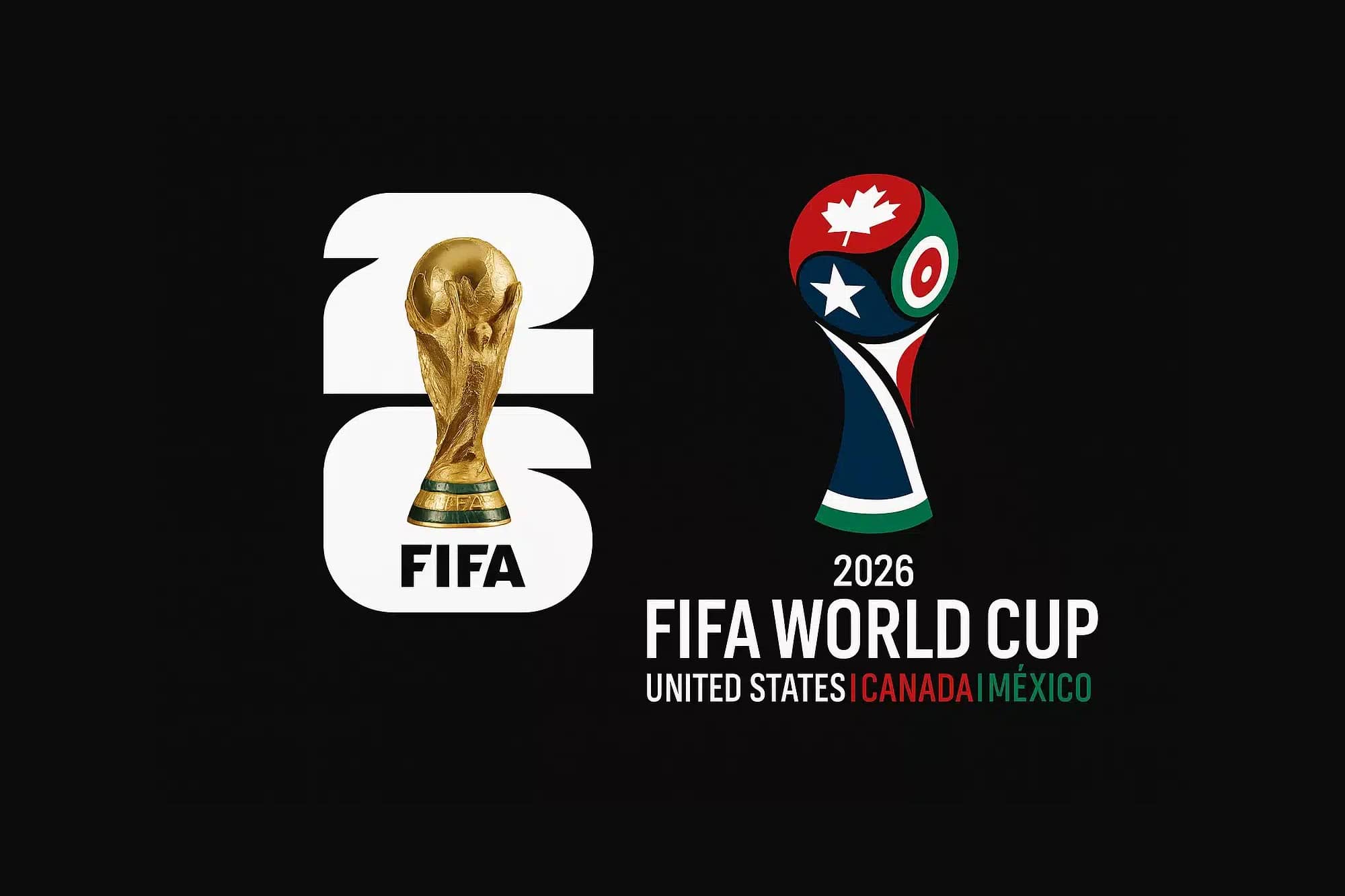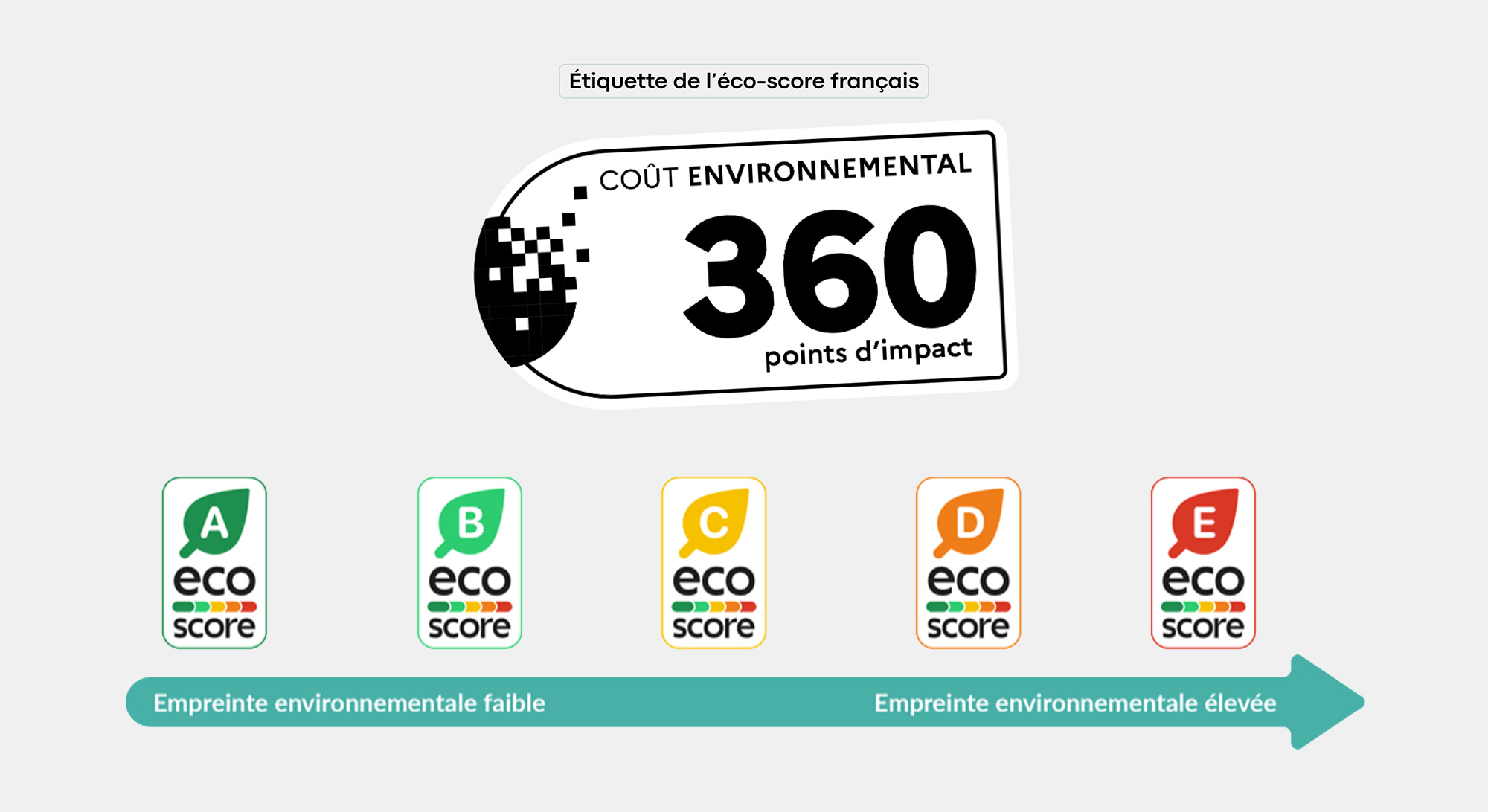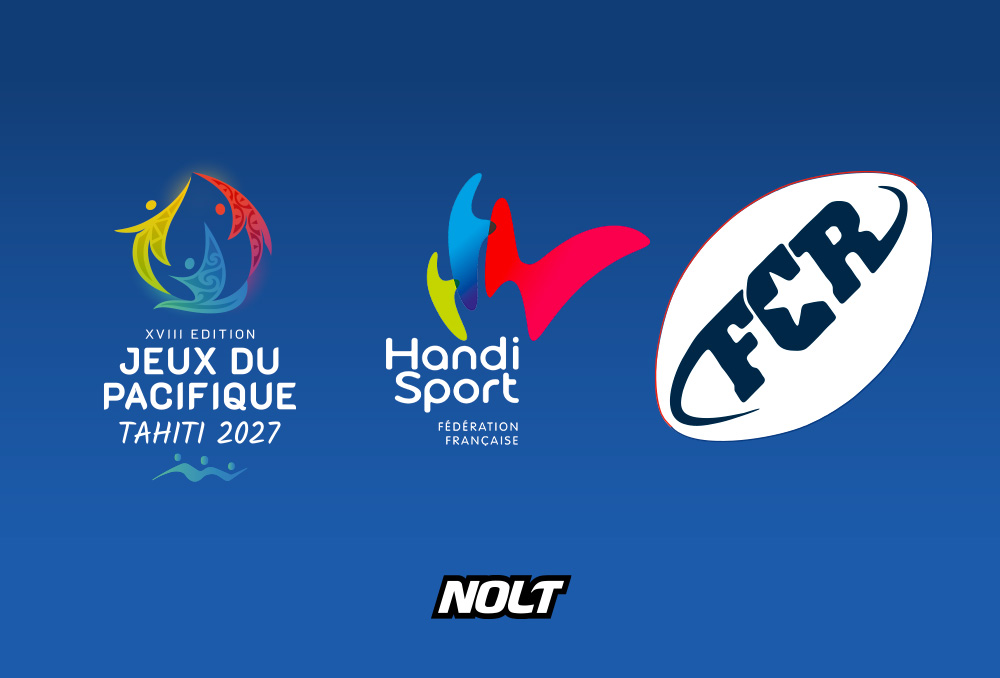
Maillot de foot personnalisé pour la Coupe du Monde 2026 : comment préparer votre tenue de supporter dès maintenant
L’été 2026 approche à grands pas, et avec lui l’un des événements les plus attendus de la planète foot : la Coupe du Monde. Pour la première fois de son histoire, le tournoi accueillera 48


